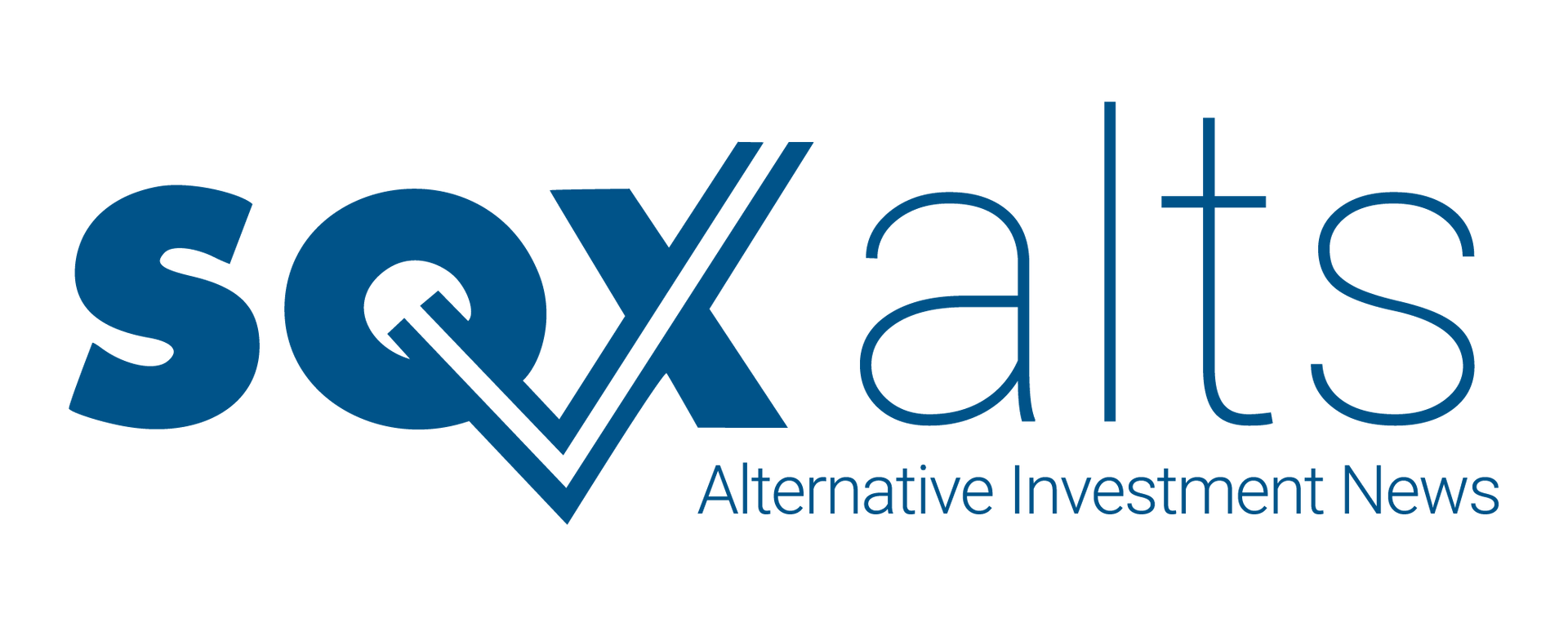MSC Income Fund Announces Strategic Shift Following NYSE Listing
The business development company streamlines investment strategy, focuses on private loans after successful public offering.
March 21, 2025

MSC Income Fund is moving fast. After listing on the NYSE in January, the firm has zeroed in on what it sees as the most effective path forward: private loans. Backed by a strong capital raise and a sharpened strategy, MSC Income is tightening its focus—and positioning itself for more disciplined, scalable growth in the middle market lending space.
The pivot comes on the heels of the company’s public market debut under the ticker symbol MSIF, along with a $91 million follow-on offering. It also reflects a broader transition within the firm, including a new investment advisory agreement and a refined approach to portfolio construction.
What’s Changing
For years, MSC Income followed a dual-track strategy, investing across both private loans and lower middle market (LMM) equity opportunities. That’s no longer the case. With the listing now complete, the company is concentrating new capital exclusively on senior secured debt to private equity-backed companies—typically businesses generating $25 million to $500 million in revenue and $7.5 million to $50 million in EBITDA.
This streamlined approach simplifies deployment and allows the firm to scale efficiently. The goal: build a portfolio of direct loans originated in partnership with private equity sponsors, where MSC can lead or participate in “club deals” with a small group of lenders. Most loans are structured with first-lien protections and floating rates tied to SOFR or Prime, typically over a three- to seven-year term.
How the Listing Supports the Strategy
The public listing wasn’t just about visibility—it was a key step in reshaping MSC Income’s long-term capital base. On January 29, the company listed its shares on the NYSE. Days later, it closed a 5.5 million-share offering at $15.53 per share, followed by another 825,000 shares through the overallotment option. Net proceeds totaled approximately $91 million.
That capital gives MSC the ability to move quickly on new opportunities while scaling back its exposure to legacy investments. The company also completed a 2-for-1 reverse stock split to align with its updated structure. As of March 19, 2025, there were just under 47 million shares outstanding.
What Remains—and What Phases Out
While new investments will now focus solely on the private loan strategy, the company still holds positions in its LMM and middle market portfolios. These are legacy investments made under the prior model, and MSC Income expects them to roll off gradually as loans mature, companies are sold, or positions are exited. Any new capital is going toward private loans only, but MSC may continue to make follow-on investments in existing LMM names as appropriate.
The firm also holds a small group of “Other Portfolio” investments, including exposure to unaffiliated investment companies and private funds. These positions are not being replaced and are expected to wind down over time.
Capital Structure and Use of Leverage
MSC Income continues to use leverage as part of its model. As of December 31, 2024, the firm had total assets of $1.22 billion, with $565.7 million in debt and $624.9 million in net assets. Its average borrowing cost stood at 6.4%. That structure is supported by both direct borrowings and a specialized SPV facility through its wholly owned subsidiary, MSIF Funding.
The board also approved a move to lower the company’s asset coverage ratio from 200% to 150%, effective January 2026. That shift—made possible by BDC-specific legislation—would allow MSC to take on more leverage relative to equity. It’s a tool, not a mandate, and gives the firm additional flexibility to scale its lending activity in the years ahead.
Managing Risk and Maintaining Oversight
As a business development company, MSC Income must meet specific regulatory requirements under the Investment Company Act. It’s also structured as a regulated investment company (RIC) for tax purposes. That means it avoids paying corporate-level taxes if it distributes at least 90% of taxable income to shareholders and meets certain income and diversification tests.
Risk management remains a core part of the process. MSC Income relies on its investment adviser to lead a disciplined valuation process each quarter, using a combination of internal models, third-party input, and board-level oversight. Portfolio holdings are reviewed on a rotational basis by an independent valuation firm.
How It Sources and Evaluates Deals
The team managing MSC Income is also responsible for Main Street Capital’s portfolio—meaning the firm benefits from shared infrastructure, deal flow, and underwriting experience. The focus is on companies with established cash flow, strong management teams, and a clear use of proceeds—whether that’s for an acquisition, recapitalization, or growth initiative.
Each deal goes through a multi-stage process, from initial screening to diligence, structuring, and committee approval. MSC emphasizes credit protections, including covenants, board observation rights, and security interests. Once a loan is made, the investment team remains closely involved—tracking financials, reviewing compliance certificates, and staying in regular contact with sponsors and management teams.
Where MSC Income Fits in the Market
The private credit landscape is competitive, and MSC Income is clear-eyed about that. But the firm believes its focused strategy, relationship-based sourcing model, and ability to co-invest alongside Main Street provide a strong foundation for future deployment.
The firm operates in a part of the market that is still relatively underbanked. Private equity sponsors often seek lenders who can move quickly, offer customized structures, and stay with a business over the life of the investment. That’s where MSC Income aims to deliver.
Looking Ahead
As it enters this next phase, MSC Income is working to position itself as a reliable capital partner in the private debt market—one with a clear strategy, strong origination pipeline, and disciplined capital management. The move to a public listing, combined with the simplified investment focus, reflects that direction.
The company is actively managing the wind-down of its legacy portfolios while putting new capital to work in line with its private loan strategy. With its updated structure in place, MSC Income is focused on execution—originating strong credits, managing risk, and delivering consistent returns to shareholders.



